Can an Addict Love? Addiction and Love
In love and affection, feelings are like the great power we always give each other. But for some people, love can be a bad experience or a feeling that will be a not-so-nice—addiction. Why does always this happen to lovers? we must think that love itself becomes something we can’t even control. And if you’re suffering from this, how can you find the best and positive way out? Do you know love always stands at the highest point of our deepest relations? For some people, love becomes a cage. It fills with craving and thirst. The mix bends the love spirit and hurts relationships. What is the basic thing that drives this scenario? We must think that love itself becomes so much addictive. How do the couples themselves find a way to improve together? What healthy steps can people take to avoid becoming addicted to love? These types of questions shed light on addiction to love. It shows a very difficult link between addiction and love. It offers us a deep insight into human awareness and their emotional bonds.
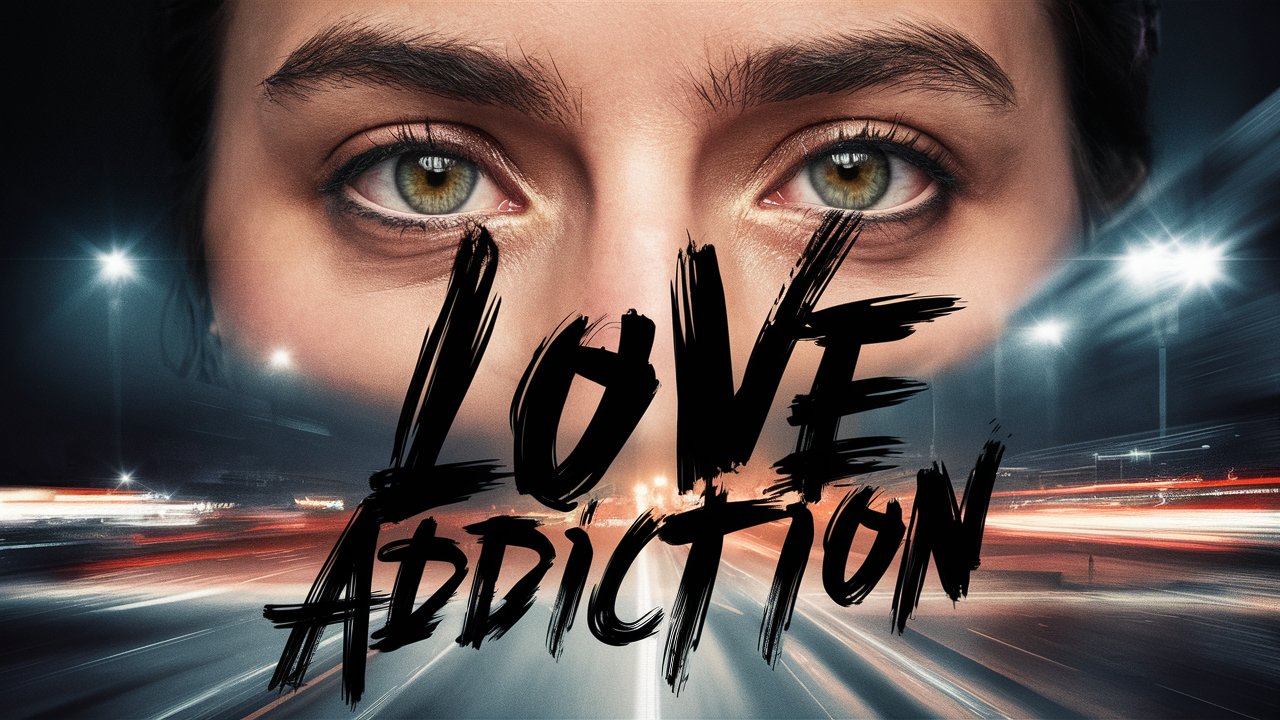
How To Explore the Love Addiction
The idea of love addiction is about deep affection and feelings.. It’s a type of affection that people may develop towards romantic partners. Dr. Helen Fisher is an admired anthropologist. She says that love addiction often comes from a problem in the brain. It is with the system that controls returns. When people fall in love, neurotransmitters flood their brains. These include serotonin, dopamine, and oxytocin. This creates an overjoyed feeling like an addiction.
“Those addicted to love may crave intense, compulsive romance,” Dr. Fisher says. This can create a cycle. People seek new partners or cling to bad relationships, despite harm.”
Love: A Double-Edged Sword
People often celebrate love as a force of connection and joy. But, it also has the potential for addiction. Dr. Robert Firestone is a clinical psychologist. He emphasizes the role of attachment patterns and emotional vulnerabilities in love addiction.
“Those with love addiction may use relationships to fill a void in themselves,” Dr. Firestone says. “This can lead to a pattern of seeking validation and approval from romantic partners, often at the expense of their well-being.”
The most intense emotional highs of love and devotion can become addictive. It drives people to seek relationships. Or, to cling to unhealthy dynamics from fear of loneliness. To see these patterns and address insecurities is key. It helps break free from love addiction and create healthier and positive relations. How to get grip Grip on Love Addiction
Love addiction is when someone feels like they need love all the time, and they can’t stop chasing after it. Dr. Helen Fisher studies how love works in our brains. She says falling in love floods our brains with chemicals that make us feel good. Examples are dopamine and oxytocin. For some people, this feeling becomes like a drug—they want more and more of it, even if it’s not good for them.
“Some people get so caught up in trying to find love. They do things they shouldn’t or keep going back to bad relationships,” says Dr. Fisher. It’s like they’re hooked on the feelings of being in love, even if it’s not making them happy.
Recovering Together: How Couples Can Help Each Other
But what if you and your partner are both struggling with addiction? Is there a way for you to help each other get better? Dr. John Gottman, who knows much about how couples can work through tough times, says yes.
“Recovery is something you can do together. But, it takes honesty and support,” Dr. Gottman says. Couples need to talk about their struggles. They need to be there for each other. They need to fix the problems that led to addiction.
Couples can heal together. They can do this by going to therapy and joining support groups. They can also do this by being there for each other. These actions will help them build a stronger, healthier relationship.
Love: The Good and the Not-So-Good
Love is usually seen as great. But, it can cause problems. This happens if we depend on it too much. If we depend too much on love it can be harmful for us too because full independence kills our joy and happiness. Dr. Robert Firestone, a psychologist, says some people use love to fill a hole in themselves. They might keep looking for love because they feel like they’re not good enough without it.
“Love addiction happens when someone feels like they need love to be okay,” Dr. Firestone says. This can make them do wrong things or stay in bad relationships to feel loved. People who delve into love or fall in love often urge themselves to do things that are good but not so good for them.
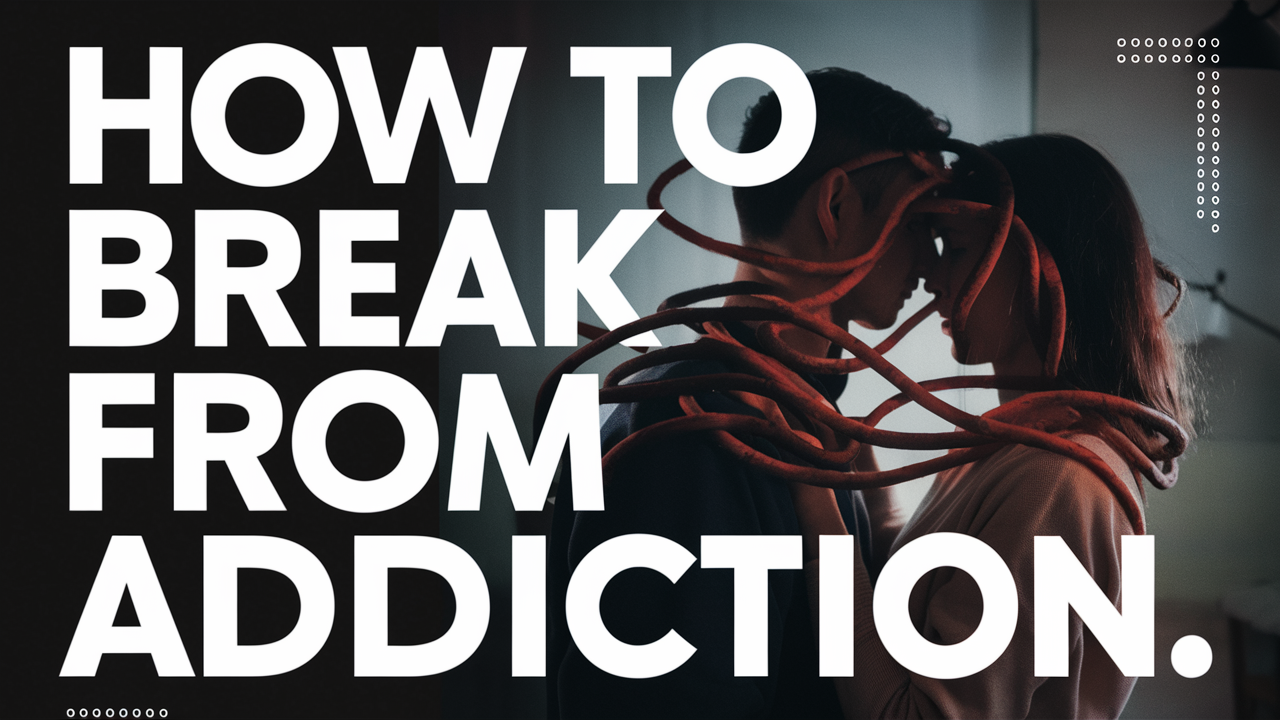
How to Break Free from Love Addiction
If you’re worried about becoming addicted to love, there are things you can do to stay in control. Dr. Brené Brown studies how we can accept ourselves. She says it’s important to love yourself first.
“Real love starts with accepting yourself, flaws and all,“ Dr. Brown says. Know your worth. Set boundaries. Then, you can have healthier relationships. You won’t feel like you need someone else to make you happy.
I am practicing mindfulness. Talking to a therapist. Take care of yourself. These all keep you balanced. They help you avoid getting caught up in love addiction.
Wrapping Up: Love, Addiction, and Finding Your Way
Love and addiction are like a complicated dance—sometimes they pull us in, and other times they push us away. But by understanding them, and learning self-care, we can love without losing ourselves.
We journey through the ups and downs of love and addiction. Let’s remember to be kind to ourselves and each other. By being honest, supportive, and brave, we can build strong, healthy relationships. The true magic of love will fill them.
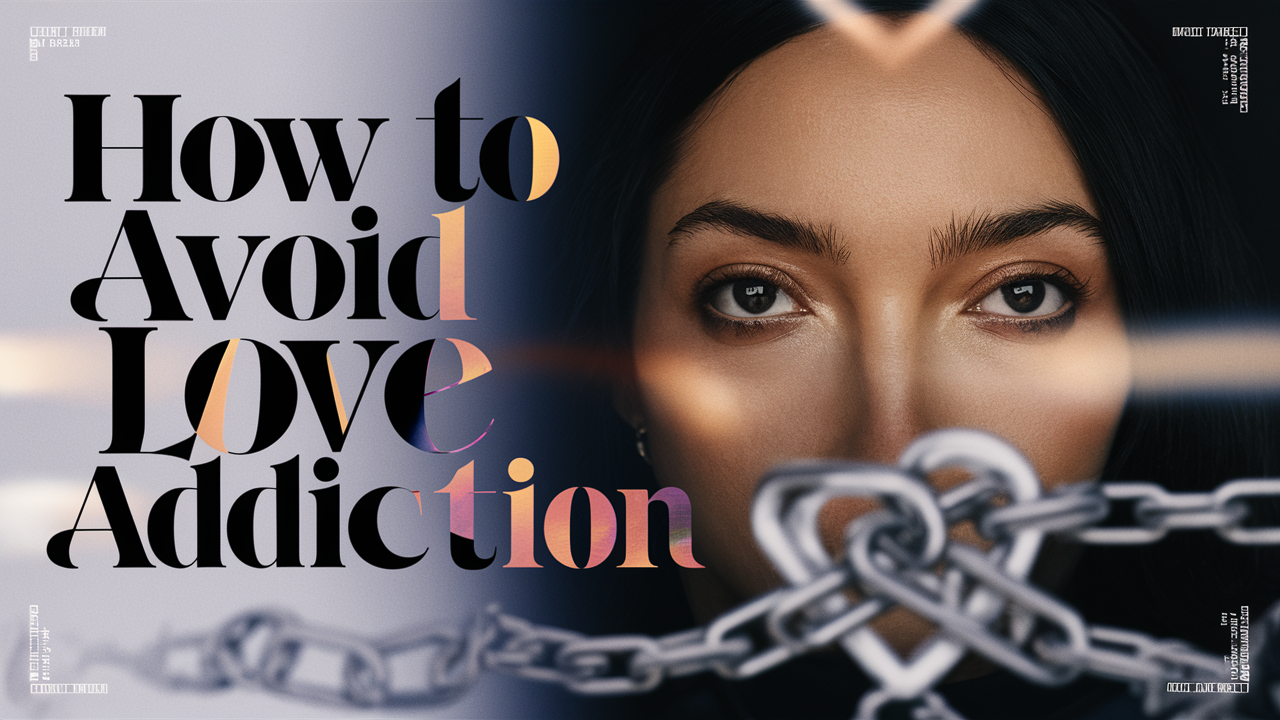
How to Avoid Love Addiction
So, how can we protect ourselves touching the difficulty of love addiction? Is it possible to love deeply without behind ourselves in the process?
Dr. Brené Brown is a famous researcher on defenselessness and embarrassment. She says the key is to build strong self-worth and self-love. “True intimacy begins with embracing our vulnerabilities and imperfections,“ she asserts. When we learn to love ourselves no matter what, we can enter relationships as our true selves. We will be whole, rather than seeking validation from others.
To avoid love addiction, people can grow self-awareness, self-love, and healthy borders. Dr. Brené Brown is a leading researcher on exposure and shame. She stresses the importance of approving of one’s imperfections and vulnerabilities. This approval is a pathway to genuine connection.
“True intimacy begins with self-acceptance and self-compassion,“ Dr. Brown asserts. We can do this by admitting our worth. We can set boundaries that require our needs. Then, we can engage in relationships from a place of strength and authenticity.
Effective mindfulness is crucial. Seeking healing or support groups and prioritizing self-care are also essential. They help maintain the flexibility and balance in relationships. By developing self-worth, individuals can love honesty and legitimacy. They can do this without falling into addictive behavior.
Navigating the intricate territory of Love and Addiction:
To conclude, the complex wall-hanging of human relationships ties together to love and addiction. Addiction may obscure love. But, you can achieve true connection and closeness. You can do it through self-awareness, mutual support, and healthy limits.
We are uncovering the details of love and addiction. Let us move toward relationships with sympathy, honesty, and bravery. By thinking about the underlying dynamics. And by being flexible in tough conditions. We can form deeper bonds. We will then understand the transformative power of love in its purest form.







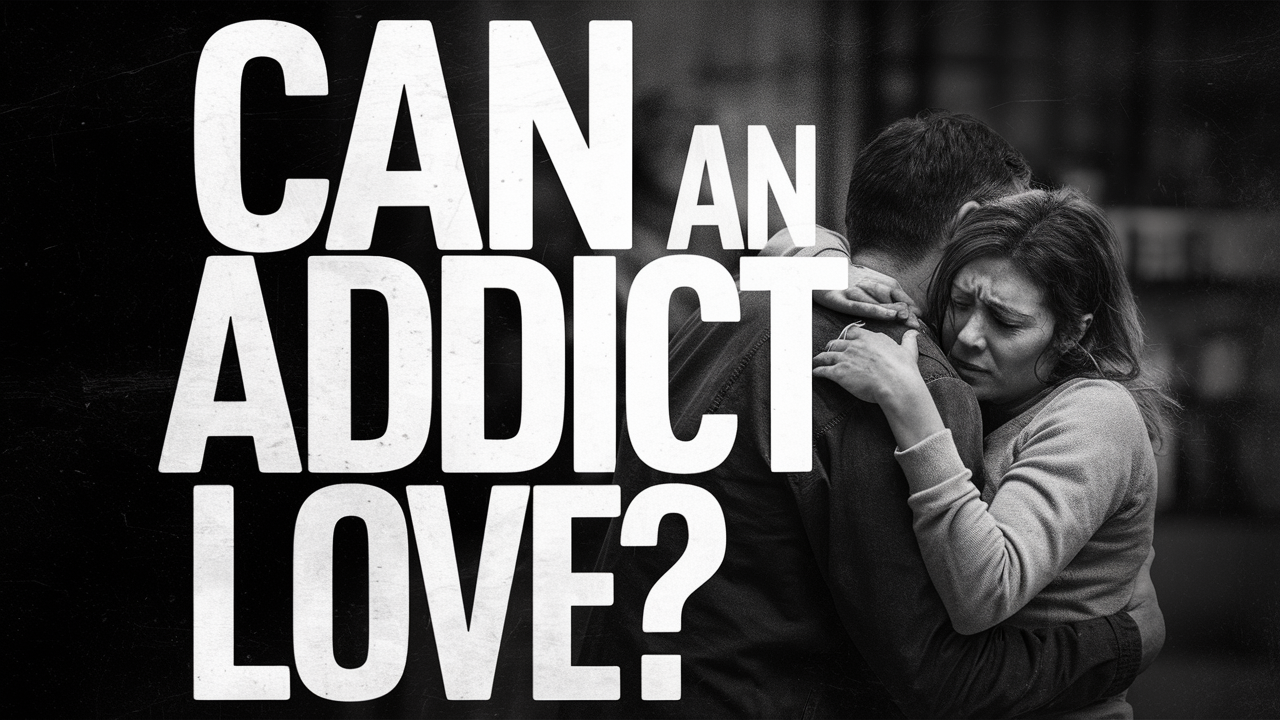
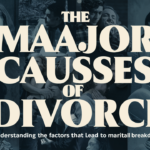

Pingback: Are You Giving Worst Self To Your Partner?